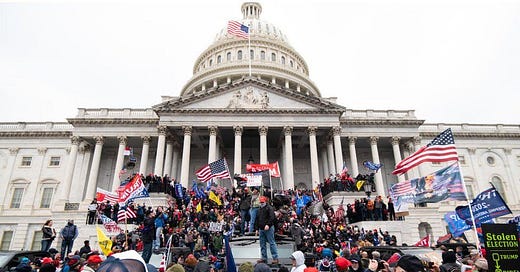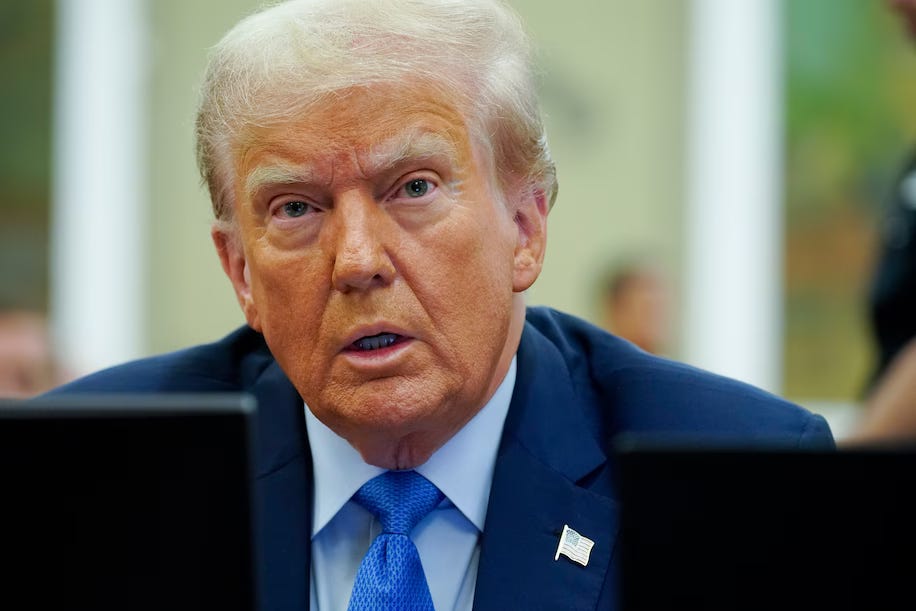Breaking News: Appeals Court Rules Former President Trump Not Immune to Civil Lawsuits Over January 6 Capitol Riot
U.S. Constitution has provides absolute immunity to Presidents from criminal prosecution for actions undertaken during their tenure. However, the scope of this immunity in civil cases has been fuzzy.
Washington, D.C. – In a landmark decision today, a Federal Appeals Court in Washington, D.C. ruled that former President Donald Trump does not enjoy presidential immunity in civil lawsuits concerning the January 6, 2021, Capitol Hill insurrection. This ruling potentially exposes Trump to a series of civil litigations, apart from the ones from which this appeal emanated.
Historically, the U.S. Constitution has granted Presidents absolute immunity from criminal prosecution for actions carried out during their time in office. However, this immunity's applicability in civil lawsuits has remained less defined. The recent ruling by the appeals court sheds light on this uncertainty, establishing that such immunity does not cover civil lawsuits connected to presidential acts, particularly under the specific factual circumstances presented in this case.
This crucial judgment arrives amidst ongoing legal challenges faced by the former president. Trump is currently a defendant in a lawsuit filed by Capitol Police officers and Democratic members of Congress. This ruling opens the door for additional civil suits against him.
According to CNN Wire, which broke the news, the detailed judgment has yet to be published online. The decision further complicates Trump's legal landscape even as he remains a leading contender for the Republican nomination in the 2024 presidential election. He is already embroiled in four criminal trials, where he has pleaded not guilty, and is facing a civil fraud suit in New York State. The New York case is expected to conclude this month, with a potential fine that could reach $250 million, set to be determined in January.
The appeals court decision is seen as a significant legal precedent, altering the landscape of presidential immunity. The ruling's implications extend beyond the immediate cases against Trump, potentially affecting future legal actions involving presidential conduct.
The lawsuits that led to this decision were filed by Capitol Police officers and Congressional Democrats, reflecting ongoing efforts to hold individuals accountable for their roles in the events of January 6, 2021. The court's ruling is a definitive statement on the limits of presidential immunity, especially in the context of civil litigation, marking a turning point in the legal discourse surrounding the powers and protections afforded to U.S. Presidents.






